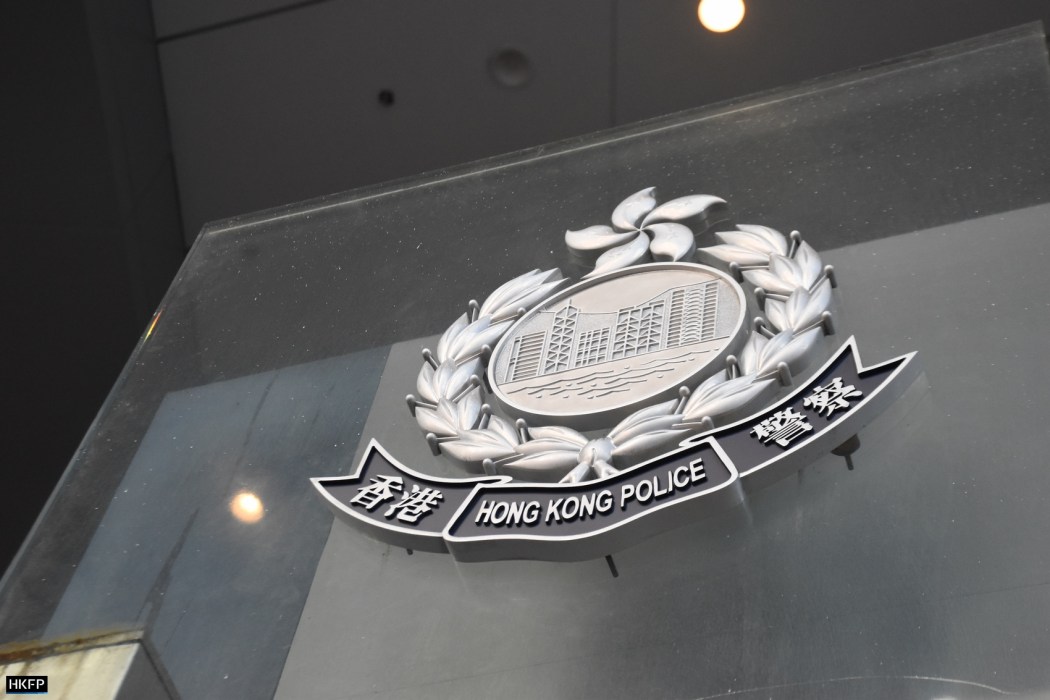A Hong Kong university student arrested over allegedly “seditious” online posts has been barred from possessing electronic devices with social media apps and joining chat groups with more than five people, as part of a list of strict bail conditions. The court heard that most of the offending posts were published whilst abroad.

Yuen Ching-ting, 23, appeared at West Kowloon Magistrates’ Court on Friday to face a charge under the colonial-era sedition law.
According to a court document, she stood accused of “publishing, making available and/or continuing to make available” content on Facebook and Instagram which the intention of bringing hatred against the Hong Kong and Chinese governments.
Yuen, a student at a university in Japan, was arrested by national security police in March. Local media said she had returned to the city to change her Hong Kong identity card, and was apprehended a day before she was scheduled to fly to Japan.
She had advocated Hong Kong independence in the online posts, according to The Witness.

The outlet reported that national security judge Peter Law granted Yuen bail on a HK$10,000 cash bond and a long list of strict conditions related to social media use. The defendant was not allowed not to possess electronic devices with social media apps, make comments on social media or join messaging groups with more than five people.
She was also ordered to delete all social media apps and the offending posts; hand over and sign into accounts for police to investigate; not make contact with foreign politicians; and report to the police station twice a week.
According to a court document, Yuen’s “seditious” posts were made from September 2018 to March of this year.

During the mention on Friday, the defence said that majority of the online posts were published outside Hong Kong, and that the sedition law does not confer extraterritorial jurisdiction. The prosecution said there were two ongoing High Court appeal cases discussing this matter, and requested an adjournment to await the outcome of those proceedings.
Yuen’s case will be mentioned in court again on August 2.
Sedition is not covered by the Beijing-imposed national security law, which targets secession, subversion, collusion with foreign forces and terrorist acts and mandates up to life imprisonment. Those convicted under the sedition law – last amended in the 1970s when Hong Kong was still a British colony – face a maximum penalty of two years in prison.
Support HKFP | Policies & Ethics | Error/typo? | Contact Us | Newsletter | Transparency & Annual Report | Apps
Help safeguard press freedom & keep HKFP free for all readers by supporting our team

LATEST FROM HKFP
HKFP has an impartial stance, transparent funding, and balanced coverage guided by an Ethics Code and Corrections Policy.
Support press freedom & help us surpass 1,000 monthly Patrons: 100% independent, governed by an ethics code & not-for-profit.










